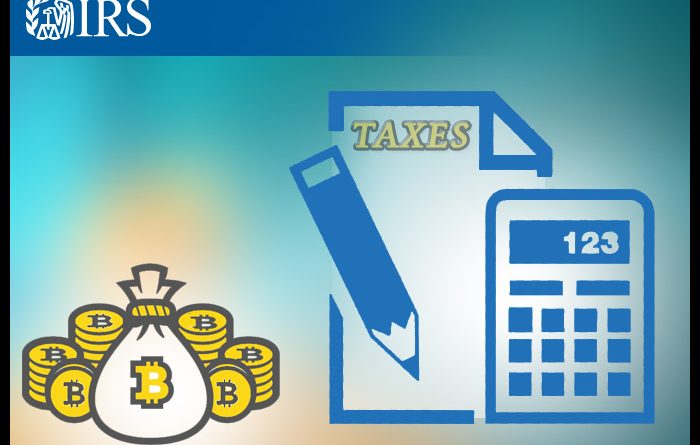IRS Set To Go After U.S. Taxpayers Who Failed To Report Crypto Transactions
The U.S. Internal Revenue Service (IRS) is set to go after U.S. taxpayers who may have failed to report to the IRS, and pay taxes on, cryptocurrency transactions. The U.S. District Judge Paul Gardephe has now granted the IRS permission to serve what is known as a John Doe summons on M.Y. Safra.
The IRS is primarily seeking information about customers of SFOX, a cryptocurrency prime broker, who used banking services that M.Y. Safra Bank offered to SFOX customers who engaged in cryptocurrency transactions.
The John Doe summons directs M.Y. Safra to produce records that will enable the IRS to identify U.S. taxpayers who were customers of SFOX and who engaged in cryptocurrency transactions that may not have been properly reported on their tax returns.
The IRS will then be able to use the information provided by SFOX in conjunction with other third party information to examine whether these users complied with the internal revenue laws.
The IRS’ petition in support of the summons stated that their experience has demonstrated that there are significant tax compliance deficiencies relating to cryptocurrencies and other digital assets. Taxpayers who transact in cryptocurrencies are required to report any associated profits and losses on their tax returns.
According to allegations in the petition, SFOX is a cryptocurrency prime dealer and trading platform that connects digital currency exchanges, over-the-counter virtual currency brokers, and liquidity providers globally.
SFOX has over 175,000 registered users who have collectively undertaken more than $12 billion in transactions since 2015. Based on its recent experiences with cryptocurrencies, the IRS has strong reason to believe that many virtual currency transactions are not being properly reported on tax returns.
IRS investigations have also identified at least ten U.S. taxpayers who used SFOX’s services for cryptocurrency transactions, but failed to report those transactions to the IRS as required by law.
The IRS added that summonses served on other cryptocurrency dealers have revealed significant underreporting of such transactions.
SFOX has partnered with M.Y. Safra to offer SFOX users access to cash-deposit bank accounts. SFOX users were able to use their funds at M.Y. Safra to buy and sell positions in virtual currency from SFOX.
Though there is no allegation in this action that M.Y. Safra engaged in any wrongdoing, the IRS utilizes John Doe summonses to obtain information about possible violations of the IRS laws.
Source: Read Full Article

